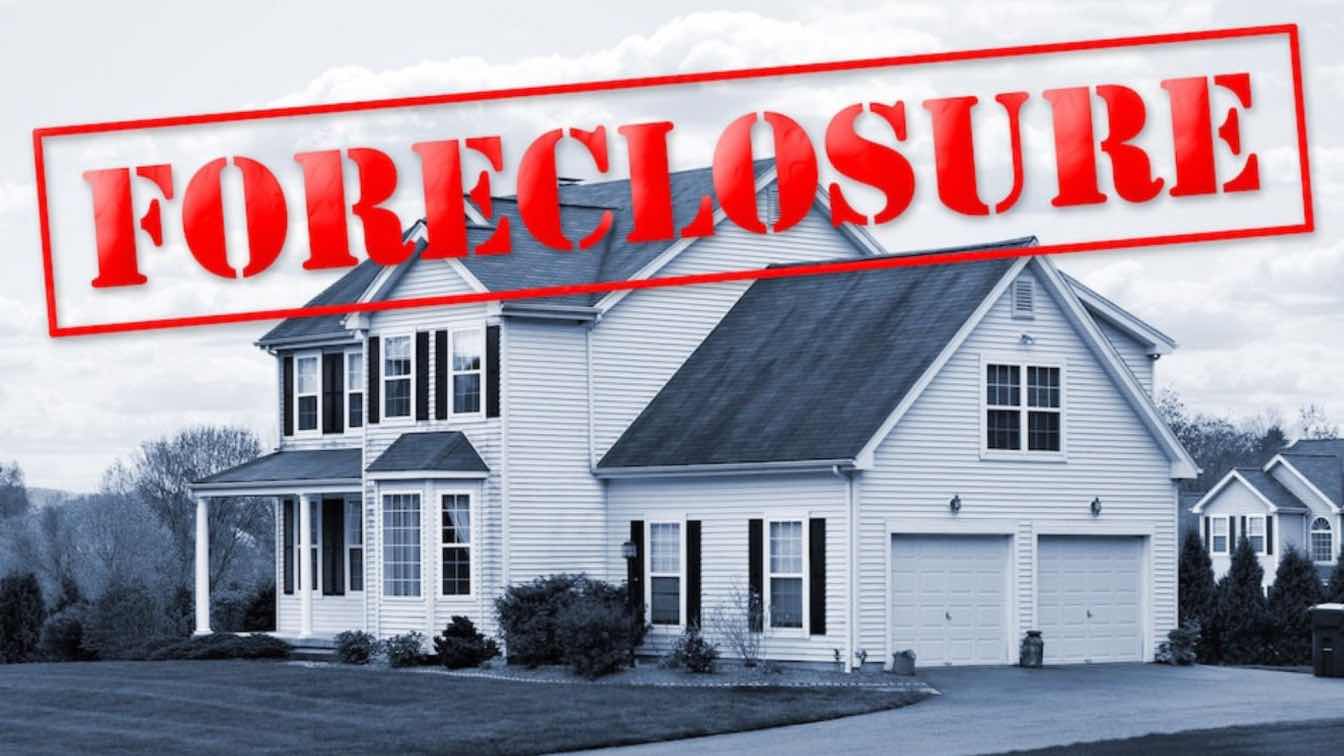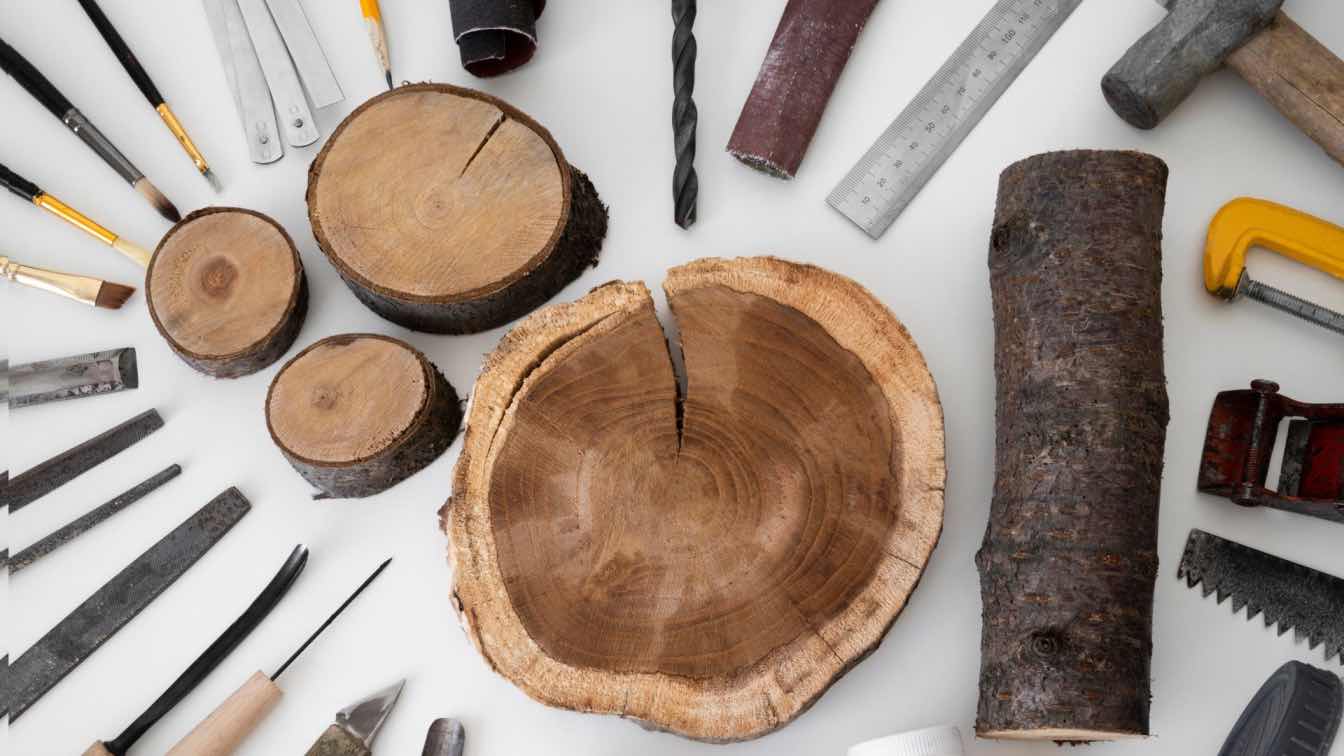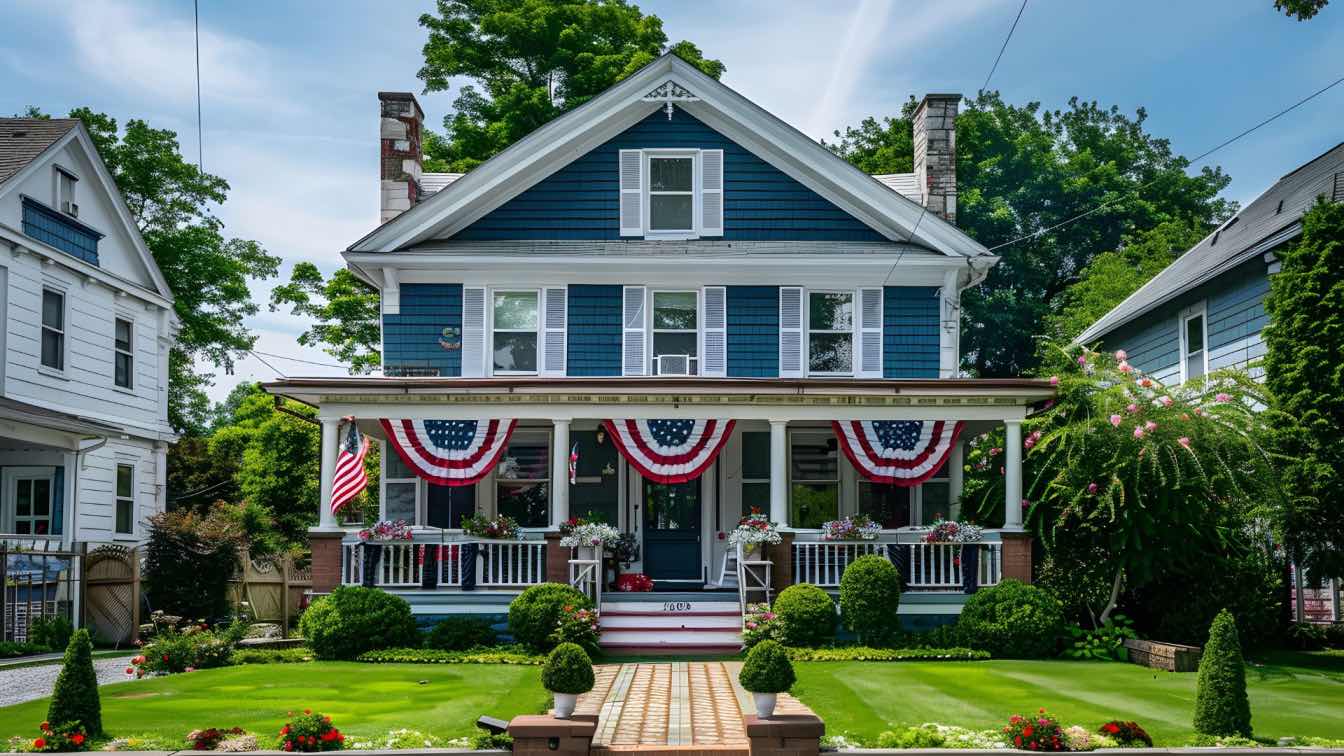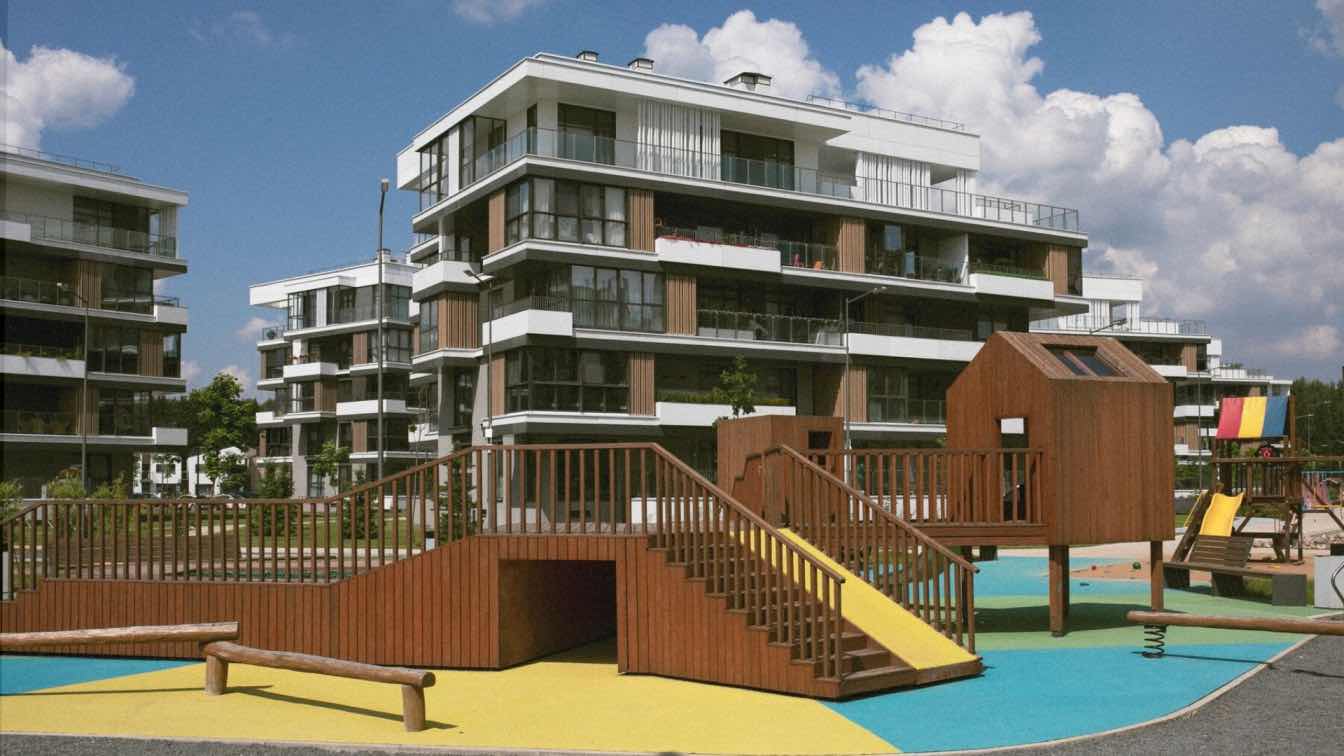Have you ever wondered what happens to a home when its owner can't keep up with the mortgage payments? This is where the concept of a foreclosed home comes into play. Foreclosed homes can present unique opportunities for buyers looking for a bargain. But what exactly is a foreclosed home, and how can you buy one? Let's dive in and explore this topic in a simple, easy-to-understand way.
What is a Foreclosed Home?
A foreclosed home is a property that a lender, typically a bank, repossesses due to the previous owner's inability to keep up with mortgage payments. When homeowners fail to make their mortgage payments for an extended period, the lender has the legal right to take back the property to recover the owed money. This process is known as foreclosure. The bank then attempts to sell the home, often at a lower price, to recoup the lost funds. These homes are usually sold through auctions, real estate agents, or directly by the bank. For potential buyers, foreclosed homes can present an opportunity to purchase a property at a discounted price, although they often come with their own set of risks and challenges.
Types of Foreclosures
1. Judicial Foreclosure
Judicial foreclosure involves the court system to complete the foreclosure process. This type is often seen in states where the law requires a judicial proceeding. The process can be lengthy, sometimes taking several months or even years. Top real estate agents in St. Louis MO often recommend understanding this process if you're considering purchasing a foreclosed home in a judicial foreclosure state.
2. Non-Judicial Foreclosure
Non-judicial foreclosure does not require court involvement and follows a specific procedure outlined in the mortgage contract. This type of foreclosure is usually faster and less costly for the lender. It typically involves a series of notices and a public auction. Buyers might find more opportunities with less competition in non-judicial foreclosure states.
3. Strict Foreclosure
In strict foreclosure, the lender files a lawsuit against the borrower and, if the borrower cannot pay the mortgage debt, the property is transferred directly to the lender without a public auction. This method is less common and used in only a few states. It can be quicker than judicial foreclosure but might offer fewer protections for the borrower. Buyers should be aware that this type of foreclosure might involve more complex legal situations.
Why Do Homes Get Foreclosed?
Homes get foreclosed for several common reasons, primarily revolving around financial difficulties faced by the homeowner. One major reason is financial hardship, where unexpected events like job loss, significant medical bills, or a sudden decrease in income make it impossible for the homeowner to keep up with mortgage payments. High-interest rates can also contribute; if the interest rates on a variable-rate mortgage increase significantly, monthly payments can become unmanageable. Another reason is excessive debt—homeowners with large amounts of debt might prioritize other financial obligations over their mortgage. Additionally, some homeowners might face poor financial planning or lack of budgeting skills, leading to missed payments. Sometimes, a decline in the property value can also cause foreclosure, especially if the homeowner owes more on the mortgage than the home is worth and decides to stop paying. All these factors combined create a situation where the lender sees foreclosure as the only option to recover the owed funds.
Pros and Cons of Buying a Foreclosed Home
Pros:
1. Lower Prices
Foreclosed homes are often sold at a significant discount compared to market value. This is because lenders are primarily interested in recovering their losses quickly. For buyers, this can mean substantial savings and the opportunity to get more house for their money.
2. Investment Opportunities
Purchasing a foreclosed home can be a great investment, especially if you're willing to put in some work. These properties can be renovated and sold at a profit or rented out for a steady income stream. Real estate investors often look for such opportunities to expand their portfolios.
3. Faster Purchase Process
Since the lender is eager to sell, the purchase process can sometimes be quicker than buying from a private seller. Banks want to remove non-performing assets from their books. This urgency can work in favor of the buyer, leading to faster negotiations and closing times.
Cons:
1. Condition Issues
Foreclosed homes are often sold "as-is," which means they may need significant repairs. Previous owners might have neglected maintenance or even caused damage out of frustration. Buyers should be prepared for potential additional costs to make the home livable.
2. Hidden Costs
Besides the purchase price, there could be hidden costs such as unpaid property taxes, liens, or homeowner association fees. These can add up quickly, making the bargain price less attractive. It's essential to conduct thorough due diligence to uncover any financial obligations tied to the property.
3. Limited Inspection
The opportunity to inspect the property before purchase might be limited. In some cases, you may have to bid on the home without seeing the inside. This can be risky, as you might encounter unexpected problems after the purchase.
Where to Find Foreclosed Homes
Finding foreclosed homes can be easier than you might think, thanks to various resources available today. Real estate websites often have dedicated sections for foreclosed properties. such as this comprehensive guide on distressed properties, which provides valuable insights into locating and purchasing these types of homes. These sites allow you to search for homes based on location, price range, and other criteria. Additionally, many bank websites list their foreclosed properties, providing another valuable resource for potential buyers. Public auctions are also a common way to purchase foreclosed homes, where properties are sold to the highest bidder. You can find information about these auctions through local government websites or real estate investment groups. For personalized assistance, click here to find the best real estate agents in Missouri who specialize in foreclosures and can guide you through the process. These agents often have access to exclusive listings and can help you find the best deals.
Tips for Buying a Foreclosed Home
Buying a foreclosed home can be a great opportunity, but it requires careful planning and strategy. Work with experienced professionals, such as real estate agents, inspectors, and attorneys who specialize in foreclosures. They can guide you through the complexities and help you avoid potential pitfalls. Get pre-approved for a mortgage before you start looking at properties. This not only helps you understand your budget but also makes you a more attractive buyer to lenders. Conduct thorough research on the property and the neighborhood. Check for any liens, unpaid taxes, or other legal issues that might affect your purchase. Budget for repairs and renovations since foreclosed homes are often sold "as-is" and may require significant work. Having a financial cushion can prevent unpleasant surprises. Be patient and flexible during the process, as buying a foreclosed home can take longer than a typical home purchase. Lastly, attend foreclosure auctions prepared with knowledge and a clear limit on how much you’re willing to bid to avoid overpaying in the heat of the moment.





